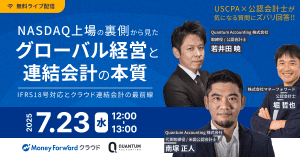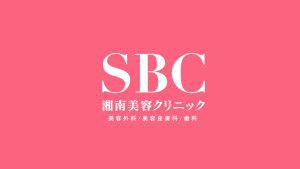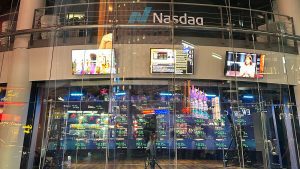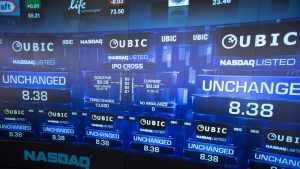Venture Company Succeeds in Additional Nasdaq Fundraising Immediately After IPO
On January 28, 2022, Mainz Biomed N.V., a German molecular genetics diagnostic venture focused on the early detection of cancer, conducted its second public offering. It sold 1.5 million shares at $15 per share, raising $22.5 million (approx. 2.7 billion JPY, converted at 120 JPY/USD).
Mainz had just listed on Nasdaq only three months earlier, on November 4, 2021. At its IPO, the company had raised $10 million (approx. 1.2 billion JPY, converted at 120 JPY/USD) by selling 2 million shares at $5 per share. Yet, in less than three months after its IPO, it successfully conducted a second public offering, raising more than double the funds at triple the stock price.
IPO and Follow-on Offering
In Japan, an IPO is often referred to by terms meaning “newly public shares” or “newly listed stock,” but its formal name is Initial Public Offering. If there is an “Initial,” it is natural that there would be a “second” or “third.” This is precisely what occurred in Mainz’s case: they conducted a second Public Offering following their Initial one.
Public offerings conducted after the IPO (i.e., the second offering and onward) are generally referred to as Follow-on Offerings. In the U.S. markets, including not only Nasdaq but also the NYSE, Follow-on Offerings are extremely common and occur as a matter of course.
U.S. vs. Japan Follow-on Offering Statistics
Let’s look at the actual statistical data. In the five years between 2017 and 2021, approximately 2,000 companies conducted an IPO in the United States. As of the end of February 2022, 513 of those companies had already conducted a Follow-on Offering. Approximately 80% of those were by Nasdaq-listed companies.
Furthermore, 230 companies conducted multiple Follow-on Offerings. There were 22 companies that conducted five or more, and the highest number was one company that conducted eight Follow-on Offerings.
According to one analyst’s report, the total number of Follow-on Offerings in 2021 (including companies that IPO’d before 2017) exceeded 1,300. While we have not been able to officially confirm this figure, it is clear from any standpoint how actively follow-on fundraising is conducted in the U.S. market.
For reference, the number of Public Offerings (POs) other than IPOs on the Tokyo Stock Exchange (TSE) in 2021 was 39. The breakdown is: 13 investment corporations (REITs), 23 companies on the TSE First Section, 2 on Jasdaq, and only 1 on the Mothers market.
Conclusion
When venture companies consider an IPO and compare the domestic and U.S. markets, while factors like listing cost and valuation are relatively well understood, we feel that Follow-on Offerings—which should play a crucial role in post-listing growth—are hardly understood at all.
On the TSE, the IPO often becomes the de facto final destination for fundraising, creating a situation where subsequent growth must be financed internally. In the U.S. market, however, the IPO is not the goal; it is merely a milestone on the path to executing a subsequent growth strategy. We believe the statistics regarding Follow-on Offerings clearly illustrate this difference.
Our firm is committed to actively supporting venture companies aiming for Nasdaq. Please feel free to contact us using the inquiry form below.










